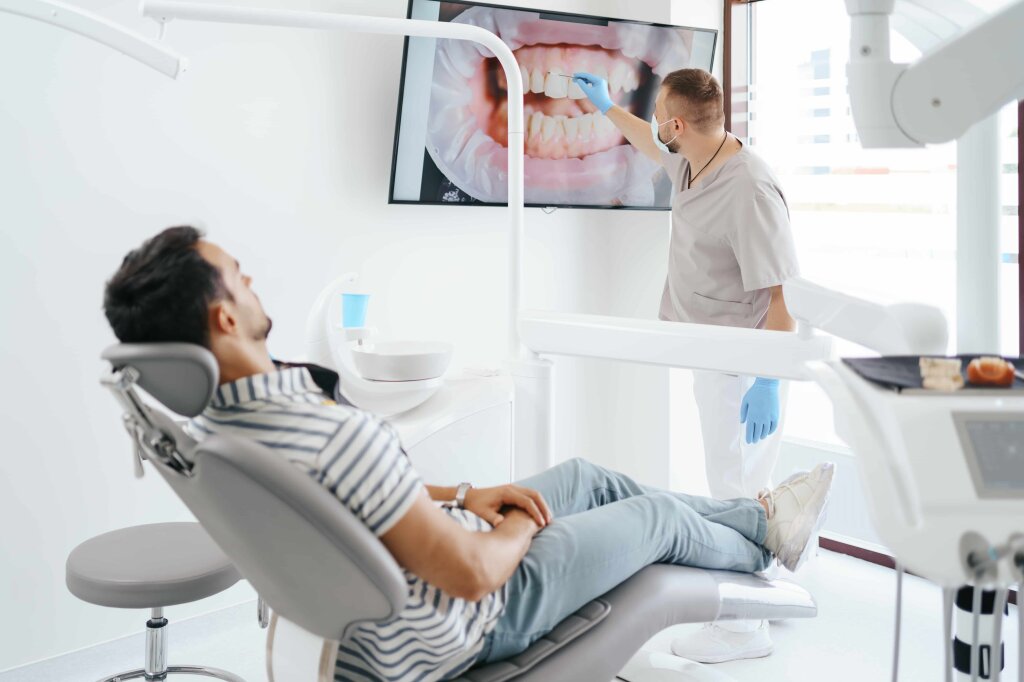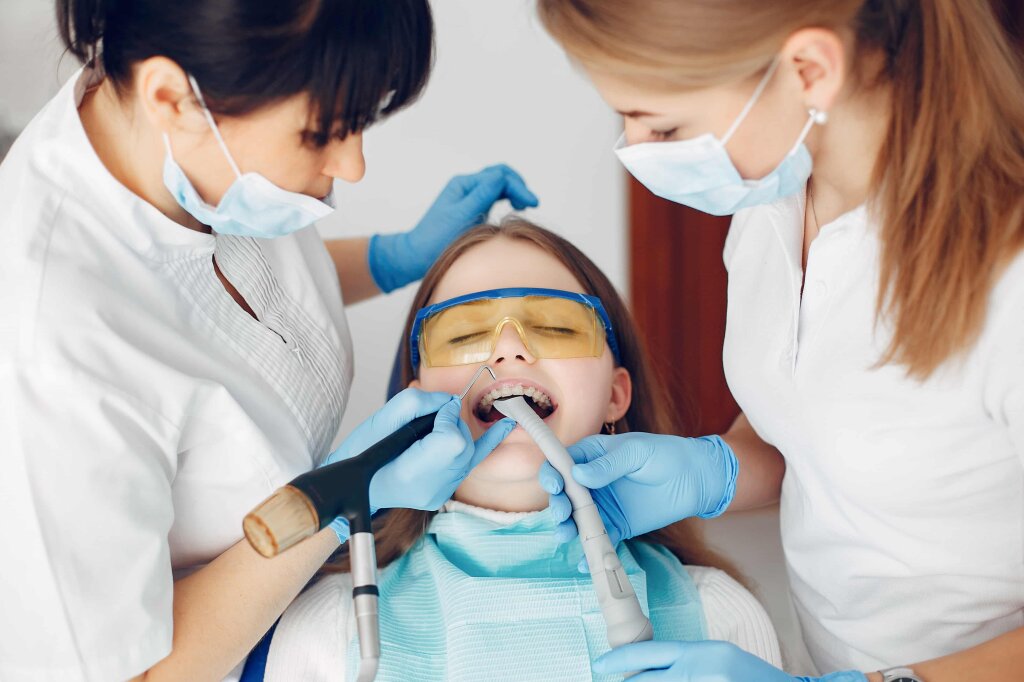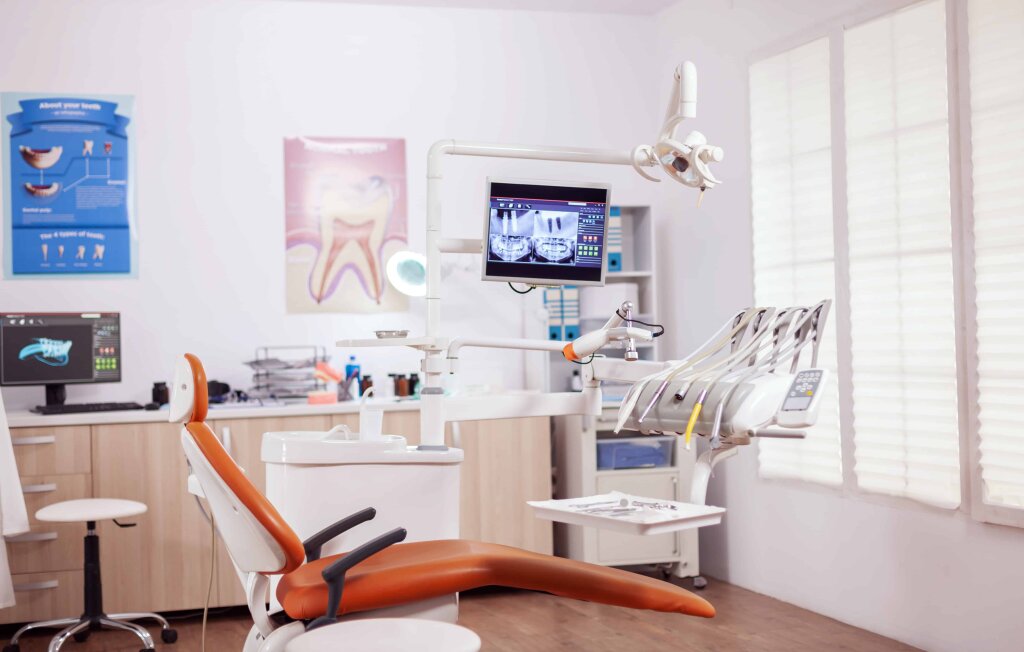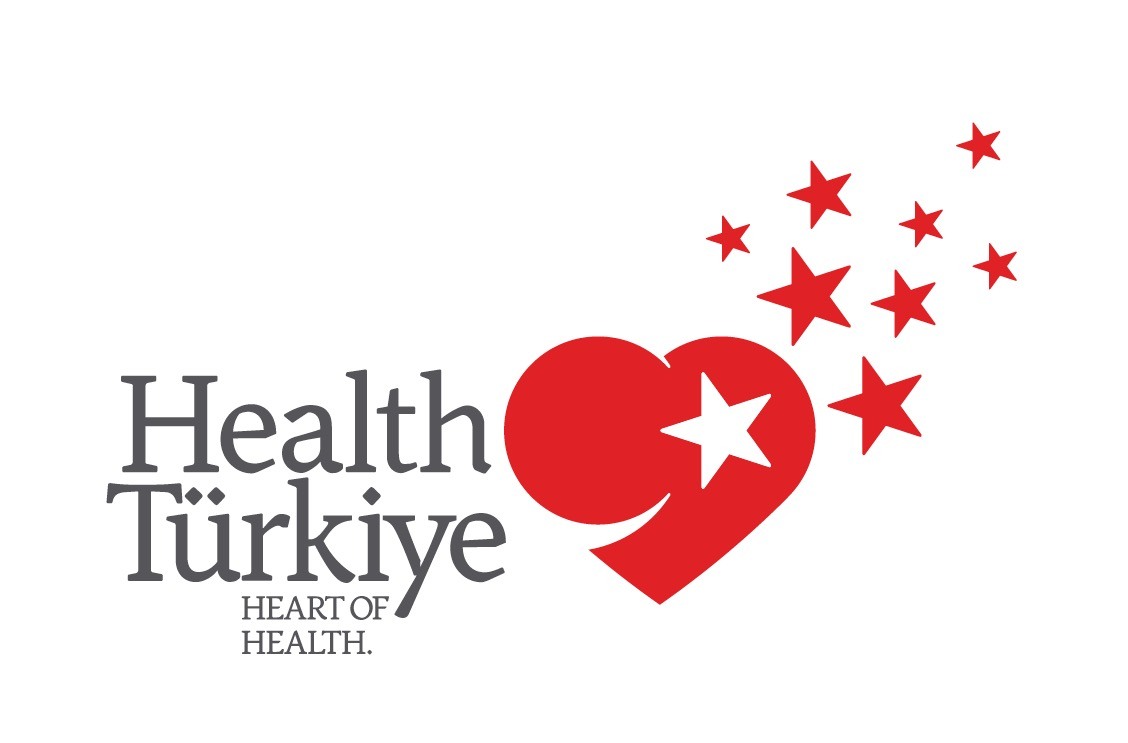Why Dental Health Matters: Key Insights and Tips
A healthy smile isn’t just about appearances—it’s a cornerstone of overall well-being. Poor dental health can lead to pain, infections, and even impact vital organs over time. By maintaining strong oral hygiene habits, we shield ourselves from tooth decay, gum disease, and costly treatments in the future. Additionally, visiting trusted dental professionals for check-ups ensures issues are caught early. For practical tips on caring for your teeth, explore essential advice for a healthy smile. Together, let’s invest in lasting oral health.
Understanding Dental Health
Dental health is more than just keeping teeth white and a breath fresh—it's about ensuring the complete well-being of our teeth, gums, and related structures. Maintaining optimal dental health helps us avoid serious conditions and ensures that everything from speaking to chewing works as it should.
Definition of Dental Health
Dental health refers to the state of your mouth, teeth, and gums being free from disease, decay, and injury. It encompasses practices that ensure proper function and appearance, such as oral hygiene habits and routine dental care. When we prioritize our dental health, we not only avoid oral diseases but also improve our general health since problems in the mouth often affect the body as a whole.
A healthy mouth is more than a cosmetic bonus—it’s essential for daily life. Without it, simple tasks like enjoying our favorite meals or confidently smiling in photos can become difficult hurdles.
Key Components of Dental Health
Several factors contribute to achieving and maintaining excellent dental health. By focusing on these, we can ensure optimal oral well-being:
Proper Oral Hygiene Practices: Regular brushing and flossing are foundational. Using fluoride toothpaste and the right technique keeps plaque and bacteria in check.
Balanced Diet: Foods rich in calcium and vitamins, like dairy products and leafy greens, support strong teeth and gums. Limiting sugary and acidic foods prevents cavities. Learn more about maintaining your oral health with a healthy diet.
Regular Dental Check-Ups: Routine visits to a trusted dentist allow early detection of potential issues, sparing us from discomfort and costly treatments later.
Healthy Lifestyle Choices: Smoking and excessive alcohol consumption weaken both teeth and gums, leading to long-term damage.
Orthodontic Alignment: Well-aligned teeth not only boost aesthetics but also improve oral care. Properly aligned teeth are simpler to clean, reducing risks of decay. Curious about braces' impacts? Check out how braces benefit dental health.
Ensuring every element falls into place guarantees that dental health remains strong. It's a combination of daily habits and professional care working together, just like any successful partnership. Focusing on these key components ensures a great smile and a healthier life overall.
Consequences of Poor Dental Health
Our dental health plays a bigger role in overall well-being than we often realize. Neglecting oral hygiene can lead to far-reaching repercussions, not just in our mouths but also affecting our physical and emotional states. Let’s dive deeper into how poor dental care impacts us.
Physical Health Risks
Failing to maintain dental hygiene can trigger issues beyond our teeth and gums. When plaque accumulates on teeth, it doesn’t just stay there—it becomes a breeding ground for harmful bacteria that can enter the bloodstream.
Heart Disease: Research links gum diseases and cardiovascular problems, especially with prolonged inflammation in the mouth. The same bacteria causing gum issues can contribute to clots and heart complications.
Diabetes Aggravation: Poor dental care can lead to inflamed gums, which may make it harder to control blood sugar levels, worsening diabetes.
Respiratory Concerns: Inhalation of bacteria from untreated oral infections can lead to lung infections or exacerbate conditions like pneumonia.
It’s not just about tooth decay. Maintaining proper oral hygiene has a ripple effect on protecting other organs in our bodies. For details on professional prevention tactics, visit How Turkish Dental Clinics Improve Oral Health Effectively.
Mental Health Implications
Dental problems aren’t just physical—they’re deeply personal and emotionally exhausting. Imagine living with chronic tooth pain, bad breath, or visible dental issues. These challenges extend far beyond surface appearances.
Self-Esteem Issues: Crooked, missing, or discolored teeth significantly affect how we smile. When we hesitate to smile, it impacts our confidence in social interactions or professional environments.
Chronic Anxiety: The constant worry about bad breath or the state of our teeth can lead to heightened stress and anxiety.
Psychological Toll of Pain: Persistent dental pain, such as untreated root infections, can lead to exhaustion and feelings of frustration.
Addressing mental burdens begins with prioritizing oral care. A healthier mouth equals a healthier mind. Learn more about achieving this balance by exploring Ways to Prevent Tooth Decay.
Every part of our health, from how we feel physically to how we perceive ourselves emotionally, is connected to the simple practices of brushing, flossing, and regular professional visits. Proper care ensures our smiles stay bright, and our overall well-being thrives.
Benefits of Good Dental Health
When we think about dental health, it’s often superficial—bright smiles or fresh breath. However, the real benefits go deeper, resonating across physical and emotional well-being.
Enhancing Overall Health
Good dental hygiene is more than oral care; it’s an essential part of maintaining our body’s overall health. Poor oral health can allow bacteria to travel from the mouth into the bloodstream, triggering inflammation and other complications. On the flip side, keeping oral health in check supports a healthier immune system and reduces risks for chronic conditions.
Heart Health Connection: Studies link periodontal disease with cardiovascular conditions, showing that keeping gums healthy could benefit the heart. Neglecting oral health, like skipping regular cleanings, increases risks for inflammation that spills over into other health areas. Explore some related precautions at Protect Your Dental Health with Tartar Cleaning in Maltepe.
Immune System Support: Chronic gum disease or untreated cavities can weaken the body’s defense system, leaving us vulnerable to infection.
Impact on Pregnancy: For expecting mothers, dental care is critical. Gum disease has been associated with premature birth and low birth weight. Understanding this makes oral health during pregnancy indispensable—discover insights from Oral and Dental Health During Pregnancy.
By recognizing how oral care translates into total body wellness, we can take proactive steps to elevate our health from head to toe.
Boosting Confidence and Self-Esteem
It’s hard to overstate the importance of our smile—it’s often the first thing others notice about us. A healthy smile boosts confidence, opening doors for better social and professional outcomes.
First Impressions Matter: A clean, radiant smile projects positivity and trustworthiness. When we feel secure about our smile, it shows in the way we carry ourselves.
Mental Well-being: Poor dental health may lead to teeth discoloration, bad breath, or visible decay, all of which can create a reluctance to smile or speak up. Regaining that confidence often starts with investing in our oral hygiene.
Daily Comforts Make a Difference: Beyond the way we feel socially, proper dental care prevents painful complications. Gum-freezing sensitivity or cracked teeth interferes with enjoying meals and everyday tasks we take for granted. If issues arise, caring steps like these are found in Tooth Decay and Treatments: Formation, Treatments, and Prevention Methods.
With healthy teeth and strong social confidence, we see improved relationships and an unshakeable sense of self-worth topping tangible physical benefits. A confident smile doesn’t just light up a room—it transforms opportunities.
Practical Tips for Maintaining Dental Health
Caring for our teeth isn't complicated, but consistency is the key. Following a structured routine combined with professional advice keeps our oral health in top shape. Let’s explore actionable ways to improve and maintain dental hygiene effectively.
Daily Oral Care Routine: Suggest effective daily practices for oral care.
A strong oral care routine is like the foundation of a sturdy building—it supports everything else. By dedicating a few minutes each day to our dental hygiene, we can avoid major problems in the future. Here’s what we recommend:
Brush Properly: Use a soft-bristle toothbrush and fluoride toothpaste. Aim for at least two minutes, twice a day. Don’t forget those hard-to-reach spots near the molars.
Floss Daily: Brushing doesn’t cover every surface. Dental floss removes food and plaque between teeth where brushes can't reach.
Mouthwash Matters: Adding an antibacterial mouthwash can reduce plaque and prevent gum issues.
Change Your Toothbrush: Replace your toothbrush every 3–4 months or sooner if the bristles become frayed.
Good habits start early, so encouraging children with routines adapted for their age is crucial. Learn more about structured routines for children’s oral health in Oral Care in Children: The Importance of Baby Teeth.
Regular Dental Check-Ups: Emphasize the importance of visiting the dentist regularly.
Regular dental visits aren’t just for solving problems—they’re essential for preventing them. Think of it as your personal dental health “audit day.” A professional can spot issues before they escalate into painful or costly complications.
Catch Issues Early: Dentists can detect problems we can’t see, such as early signs of cavities or gum disease.
Professional Cleaning: Removing tartar that brushing can’t eliminate helps in preventing gum diseases.
Tailored Advice: Your dentist can recommend specialized care tips depending on your dental conditions.
Visiting the dentist every six months is a general rule, but unique needs might require more frequent check-ins. A trusted source like ours highlights preventive measures you can take after check-ups in Dental Implant Care: Tips for Long-Lasting Use.
Nutrition and Dental Health: Discuss how diet impacts dental health.
Our diet affects not only our waistline but also the health of our teeth and gums. Eating the right foods strengthens enamel, while others can chip away at it over time.
What to Include:
Calcium-Rich Foods: Dairy products, almonds, and leafy greens help maintain strong teeth.
Vitamin C: Oranges, peppers, and strawberries can improve gum health.
Crisp, Fibrous Foods: Apples and carrots naturally scrub teeth and increase saliva production, washing away bacteria.
What to Limit:
Sugary snacks and drinks, which fuel cavity-causing bacteria.
Acidic foods like sodas, as they weaken enamel and increase tooth sensitivity.
Balanced eating isn’t just a health choice; it’s a smile investment. If you’re curious about the role of nutrition in oral wellbeing, check out How to Prevent Tooth Decay in Children for diet ideas and strategies.
Adopting these tips into everyday life ensures a proactive approach to dental health. A small effort today protects against significant discomfort and expenses later.
Frequently Asked Questions About Dental Health
Understanding the basics of dental care lays the foundation for healthier teeth and gums. Proper daily routines and smart dietary choices often answer the most common concerns about protecting oral health. Let’s address two frequently asked questions that many of us have.
How Often Should I Brush My Teeth?
Keeping our teeth clean and free of harmful bacteria requires consistent brushing. But how often is enough to maintain healthy teeth? Experts and dentists universally recommend brushing twice a day—morning and night. This routine removes the plaque buildup formed from eating throughout the day and bacteria-produced while sleeping. Here’s why consistency matters:
Brushing after waking up clears the overnight bacterial film.
Brushing before bed ensures no food particles linger, which could fuel bacteria growth.
Make sure to use a toothbrush with soft bristles to avoid damaging the enamel or irritating gum tissue. And while brushing after every meal may seem ideal, waiting at least 30 minutes after eating acidic foods, like citrus or soda, reduces risks of enamel erosion. Always pair brushing with flossing and routine dental visits to maintain overall oral wellness. For more detailed advice on gum care, visit Achieve Healthy Gums: Permanent Solutions at Our Clinic.
What Foods Are Best for Dental Health?
What we eat plays an essential role in caring for our teeth. Some foods strengthen enamel, promote fresh breath, and improve gum health, while others can lead to cavities and decay. Incorporating a balanced diet can be your first defense against dental issues. Here’s a quick guide:
Boost Your Enamel with Calcium:
Milk, cheese, and leafy greens.
Fight Inflammation with Vitamin C:
Oranges, strawberries, and bell peppers.
Snack Smartly with Crunchy Vegetables:
Apples, carrots, and celery naturally scrape away plaque.
Meanwhile, limiting sticky sweets and acidic drinks like soda prevents damage to tooth enamel. When indulging in these, pairing with water helps wash sugars away. For comprehensive dietary insights that impact your dental health, explore Gum Aesthetics: Achieving a Healthy and Beautiful Smile.
Healthier habits in both brushing and food choices lead to stronger, longer-lasting teeth. Keeping these guidelines in mind can help elevate your dental care routine every day.
Conclusion
Prioritizing dental health impacts more than just our smiles—it protects our overall health and emotional well-being. When we commit to daily care, regular professional visits, and mindful habits, we set the stage for lasting benefits.
We encourage taking action today to safeguard your oral health. Begin your journey by exploring topics such as The Importance of Periodontics for Healthy Gums in Istanbul to better understand the connection between gums and overall wellness.
Let’s nurture healthier lives, starting with brighter smiles. Together, we can achieve a future full of confidence and vitality.






